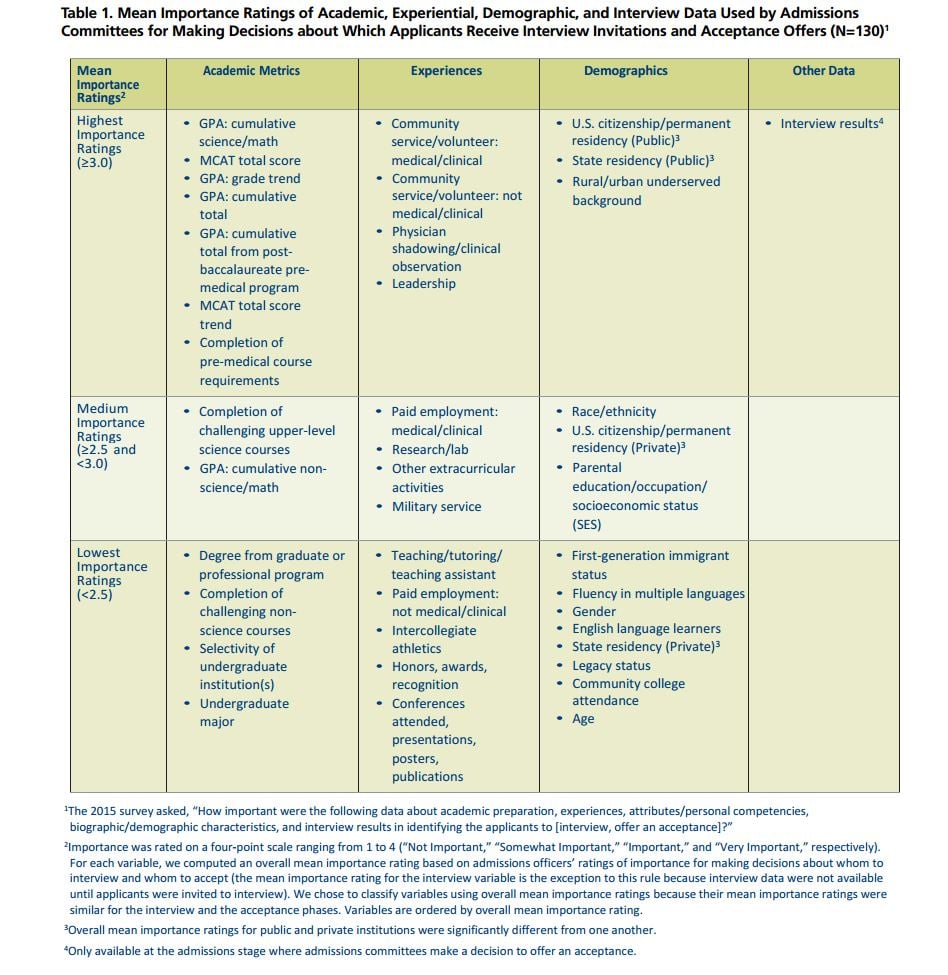- Joined
- Jul 12, 2014
- Messages
- 5
- Reaction score
- 2
Please don't kill me, as I know this topic is talked about to death, but I find it irritating that my friend who attends a local, "easy" college and is getting a 4.0 without much work has a greater chance of getting into medical school than I do, even though I attend a top 30 university and working my a** off for B's. And it's not that the level of work is the same and he just understand it better; I've helped him study and the material is often simplified and the exams pretty much reflect exactly what the prof teaches in lecture. All the science classes are curved, unlike mine.
Now that I'm reading this, I realize I sound really pretentious and snooty, though that is not my intention at all. I just feel I screwed myself over for choosing this university over the local one where I could get a 4.0 without as much stress, tears, and breakdowns I experience here to end up with a B.
****Using my brother's account by the way! My brother attended the university I am for undergrad but did better than I'm doing right now...
Now that I'm reading this, I realize I sound really pretentious and snooty, though that is not my intention at all. I just feel I screwed myself over for choosing this university over the local one where I could get a 4.0 without as much stress, tears, and breakdowns I experience here to end up with a B.
****Using my brother's account by the way! My brother attended the university I am for undergrad but did better than I'm doing right now...

